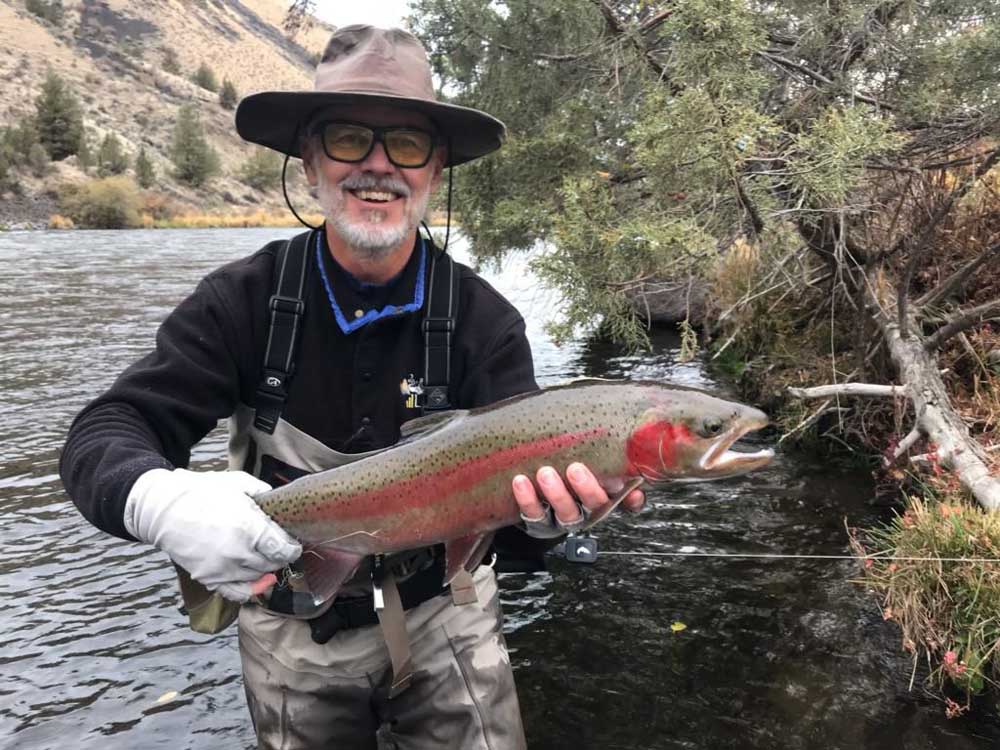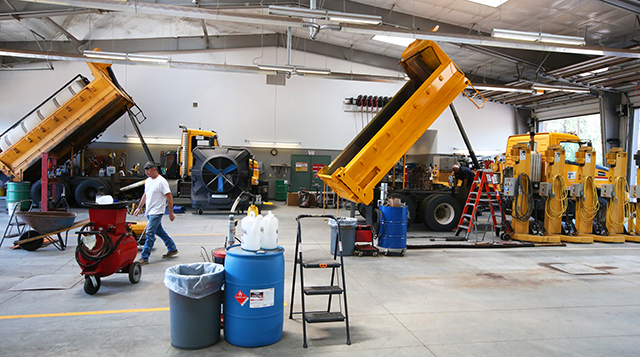Guest Column: The need for irrigation canal piping
Published 9:15 pm Tuesday, May 30, 2023

- Lind
The need for irrigation canal piping has been well covered, but based on recent stories and letters in The Bulletin it appears that some readers have not been following the topic. Here’s a brief refresher. In the late 1800s settlers were encouraged to travel in wagons to Central Oregon with the promise of abundant water and cheap land. When they arrived they mostly found harsh conditions and poor soil making the area largely unsuitable for farming. There was abundant water, however.
Settlers dammed local rivers and dug canals in the porous volcanic ground to flood irrigate fields, which precipitated an ecological disaster from which we continue to suffer. Much of this primitive water delivery system, first used in ancient Mesopotamia over 5,000 years ago, remains in use.
Trending
With visions of creating a local agricultural economy, approximately 130 years ago Oregon established that while the public owns all water, settlers could be granted the right to beneficially use it without waste. Neither of these provisions have been enforced. Canals dug into lava rock on average lose 50% of the water they carry due to leakage. This is waste and harms the natural ecosystem.
Settlers quickly discovered that growing food in Central Oregon is difficult at best and most started dividing their farms into smaller and smaller parcels which they could sell to new arrivals. The water rights associated with the original farm stayed with the land. Today, most waters rights are held by hobby farmers who may use the water for a few horses or cows, but it is often used to have a nice lawn and landscaping, a private pond or artificial wetland.
Water has been used wastefully and often without public benefit for over a century. More recently, the listing of the Oregon spotted frog as an endangered species as well as changing public perception has provided the impetus for improvement. Various government agencies, irrigation districts, NGOs, and concerned citizens have met for years to study needed and legally required changes.
Of course, there is controversy. Piping to eliminate waste is certainly needed but has an astronomical and rising price tag and will take decades to implement. Most of that cost will be borne by taxpayers. Public subsidies for private benefit are questionable, but politicians are skilled at buying votes and most taxpayers seem unaware of the cost to them. There are alternatives, but few want to consider them.
Water rights could be reallocated to mirror current economic and environmental conditions, not those of the 1800’s. Water could continue to flow to areas with real agriculture and back to our rivers to drive our current outdoor lifestyle economy. Landowners could maintain their property rights while the citizens of Oregon could demand that the conditions for using our water be honored.
Irrigators could pay for canal piping. If they truly have economically viable businesses, they should be able to afford it. This is the approach used in Arizona many years ago. Alternatively, we could charge for water use and use those funds for piping. Irrigation districts charge individual irrigators for the maintenance of the water delivery system, but the water itself is free. The owners of the water, the citizens of Oregon, receive no compensation for its use.
Trending
We could simply buy unproductive water rights. Hobby farmers could be given a payment in exchange for their water rights. If done at scale, this would probably be the cheapest and quickest solution.
Current water allocation and delivery in Central Oregon is a relic. We have known for decades that it must be dramatically improved, a process that is slowly unfolding. We, the citizens of Oregon, own the water and we should demand that it be used for the greatest public benefit at our lowest cost. Currently, however, we are pursuing a strategy that is the least disruptive and lowest cost to irrigators. Even so, some of them still oppose it.
Do you have a point you’d like to make or an issue you feel strongly about? Submit a letter to the editor or a guest column.








